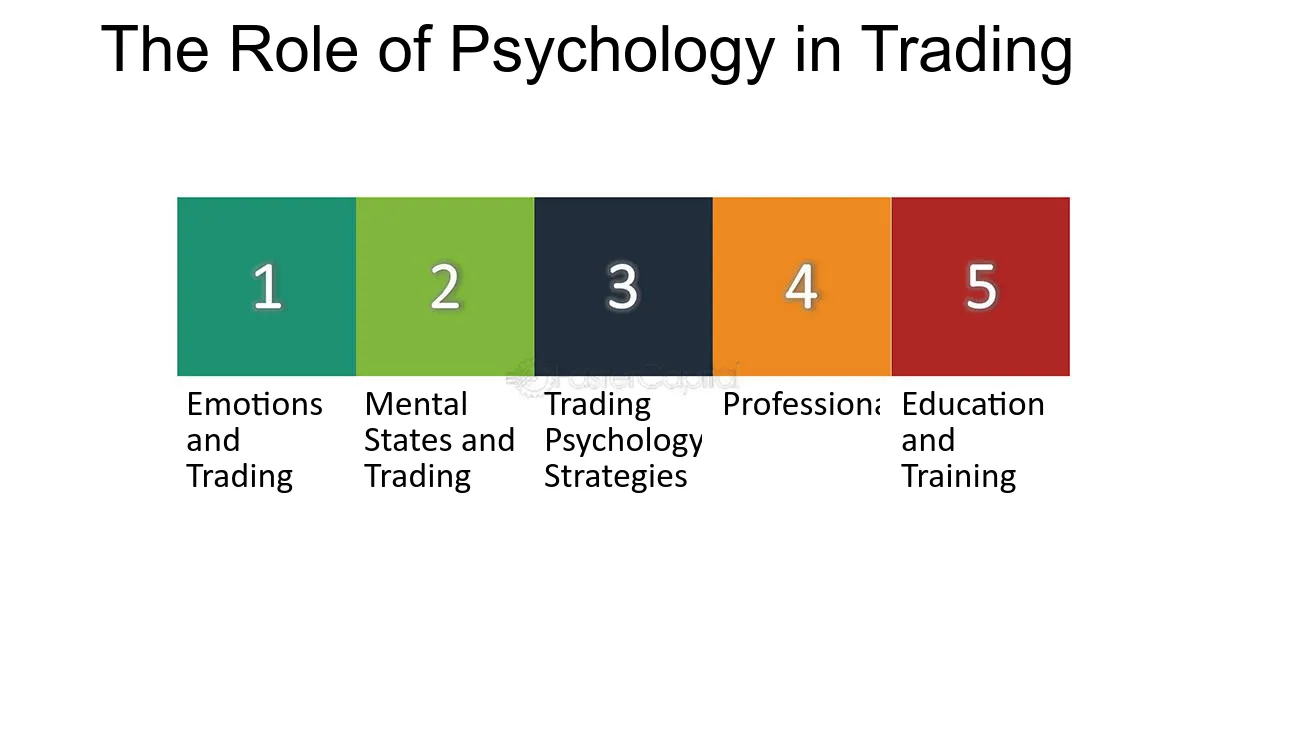The 5 Pillars of Trading Psychology: Mastering Your Mindset

New traders often believe that a perfect strategy or a secret indicator is the key to success. While technical skills are important, seasoned traders know the truth: long-term profitability is determined by your mindset. Trading is a mental game above all else. Your ability to manage emotions and make rational decisions under pressure is what separates winners from losers.
This article explores the five fundamental pillars of trading psychology that every trader must build to achieve consistent success on platforms like Quotex.
Pillar 1: Unshakeable Discipline
Discipline is the foundation upon which all trading success is built. It's the ability to create a set of rules—your trading plan—and follow them religiously, even when your emotions are screaming at you to do the opposite.
The Core of Discipline: Your trading plan is your boss. It dictates when you enter, when you exit, and how much you risk. Discipline means you never disobey your boss.
A disciplined trader does not chase unplanned trades out of boredom or abandon a strategy after a few losses. They trust their system because it has been tested and proven (ideally on a demo account first).
Pillar 2: Supreme Patience
The market does not offer high-probability opportunities every minute of the day. Patience is the skill of waiting for the market to come to you, for your specific setup to appear, rather than forcing trades that aren't there. Impatient traders often jump into low-quality trades, leading to unnecessary losses.
Patience in action means:
- Waiting for the perfect signal according to your plan.
- Not trading if market conditions are not right for your strategy.
- Letting a winning trade run to its target instead of closing it early out of anxiety.
Pillar 3: Managing Fear
Fear is a primary emotion in trading and it manifests in two main ways: the fear of losing and the fear of missing out (FOMO).
- Fear of Losing: This causes hesitation. You see a perfect setup but are too scared to pull the trigger because of a past loss. This leads to missed opportunities.
- Fear of Missing Out (FOMO): You see a huge price move and jump in late, afraid you'll miss the profit. This often means buying at the top or selling at the bottom.
Solution: A solid trading plan with strict risk management (like risking only 1-2% of your capital per trade) is the best antidote to fear. When you know your maximum loss on any single trade is small and acceptable, it's easier to trade with confidence.
Pillar 4: Controlling Greed
Greed is the flip side of fear. It's the desire for unrealistic profits that clouds judgment. Greed makes you hold onto a winning trade for too long, only to watch it reverse and turn into a loser. It also tempts you to risk too much capital on a "sure thing."
Greed whispers, "Just a little more." A professional trader answers, "I'll stick to my plan."
Solution: Define your profit targets before you enter a trade and stick to them. Understand that consistent small wins are far more powerful than a few lucky, oversized gains.
Pillar 5: Objective Adaptability
The market is constantly changing. A strategy that worked last month may not work this month. Adaptability is the ability to recognize these changes and adjust your approach without emotional attachment. A rigid trader who refuses to adapt will eventually be left behind by the market.
Being objective means viewing the market for what it is, not what you want it to be. If the trend is clearly down, don't keep trying to buy just because you *think* it should go up. Trade what you see, not what you hope for.
Conclusion
Mastering these five pillars—Discipline, Patience, Fear Management, Greed Control, and Adaptability—is a continuous journey. Start by being mindful of your emotional state during each trade. Use the Quotex demo account as your training ground not just for strategy, but for your mind. By building a strong psychological foundation, you build a sustainable trading career.